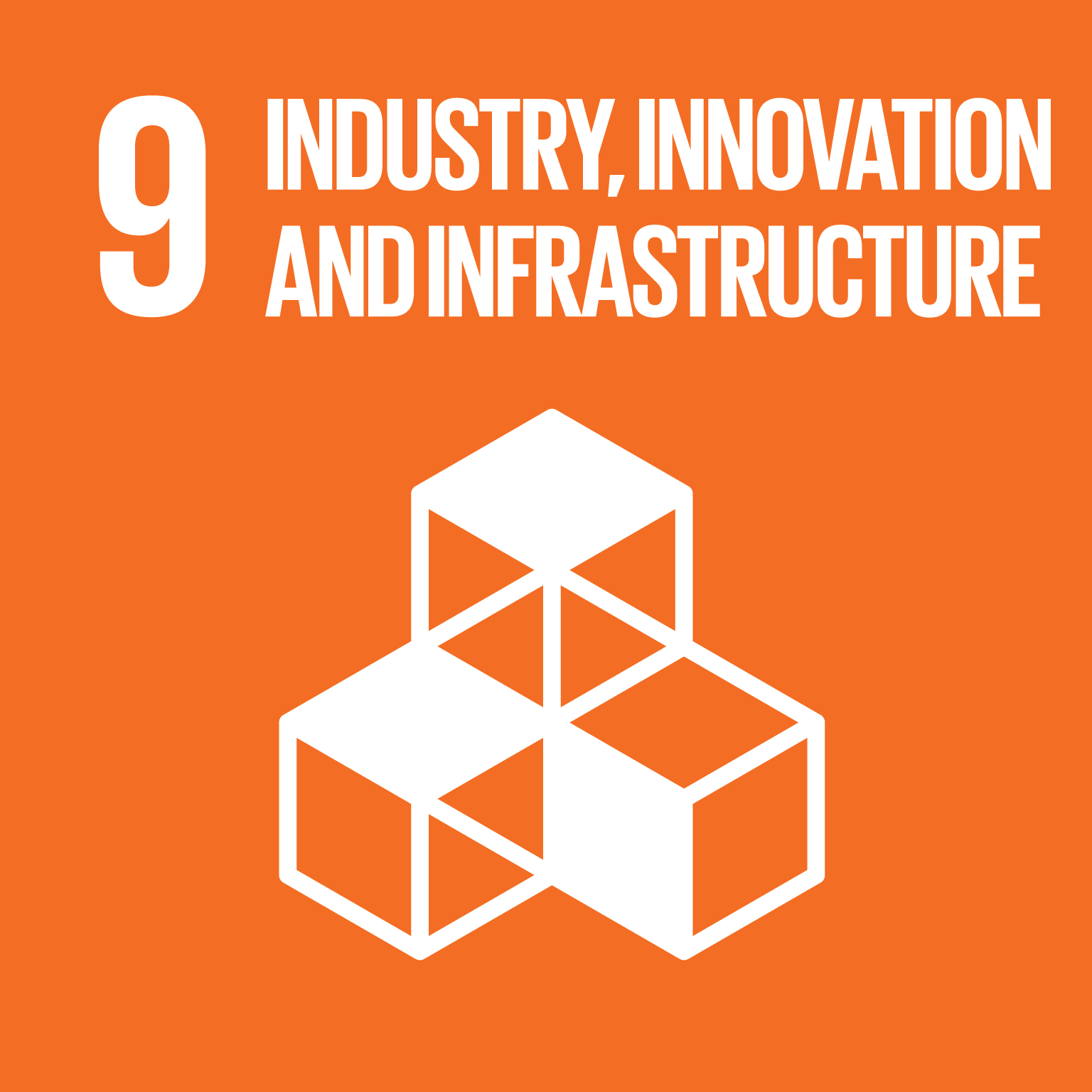From geographic information systems (GIS) to the use of artificial intelligence, our researchers are utilizing advance technology and data analysis to improve public policies and responses to critical issues.
Get to know their areas of expertise.

Advancing seven Sustainable Development Goals





Our researchers
Jonathan Li
Geography and Environmental Management
-
LiDAR-based simultaneous localization and mapping in GNSS-denied environments
- Mobile laser scanning for autonomous driving
- LiDAR remote sensing and its applications
- Urban remote sensing and land cover/land use change detection
- Intelligent information extraction from multi-/hyperspectral and SAR/PolSAR images
John McLevey
Department of Knowledge Integration
-
Social network analysis
- Science and public policy
- Sociology of education
- Environmental sociology
- Computational social science
- Information science
- Research methods
- Can also supervise graduate students in the School of Environment, Resources and Sustainability and Geography and Environmental Management
Derek Robinson
Geography and Environmental Management
-
Unmanned aerial vehicle systems
- Land-use and land-cover change
- Agricultural land management and erosion
- Agent-based modelling and geographical information systems
- Landscape ecology
- Can also supervise graduate students in the School of Planning
Su-Yin Tan
Geography and Environmental Management
-
Remote sensing and geographic information systems (GIS)
- Spatial statistics and data analysis
- Vegetation and climatology
- Public health and crime mapping, medical geography
Peter Deadman
Geography and Environmental Management
-
Geographic information systems and artificial intelligence
- Natural resources management
- Common pool resources
- Computer modelling and simulation
- Landscape architecture
Robert Feick
-
Application of spatial information technology to assist decision making
- Public participation in land management and planning
- Web 2.0 Geographic Information Systems (GIS) tools that facilitate citizen involvement in planning through spatially referenced forms of community dialogue
- Web-based spatial data visualization methods for assessing urban scale climate change impacts as well as adaptation and mitigation alternatives
- Can also supervise graduate students in Geography and Environmental Management
Christopher Fletcher
Geography and Environmental Management
- Using numerical Earth System Models to investigate large-scale climate processes, variability and change
- Remote-sensing of terrestrial snow from space
- Deploying machine-learning to improve Earth System Models and their projections
Peter Johnson
Geography and Environmental Management
-
Open data, open government, and civic technology
- Geographic information systems (GIS), and the Geospatial Web 2.0 (Geoweb)
- The application and evaluation of geospatial technologies
- Crowdsourcing geographic data
- The use of artificial intelligence (AI) for governance
Yuri Leonenko
Geography and Environmental Management
-
Global warming
- Climate control
- Development of technologies for greenhouse gas reduction
-
Geothermal energy
Quinn Lewis
Geography and Environmental Management
- Morphology and evolution of fluvial landscapes
- Research on process, form, and the transfer of material and energy that links morphology and evolution of fluvial landscapes
- Developing new techniques to study lake and reservoir water levels globally with remote sensing









